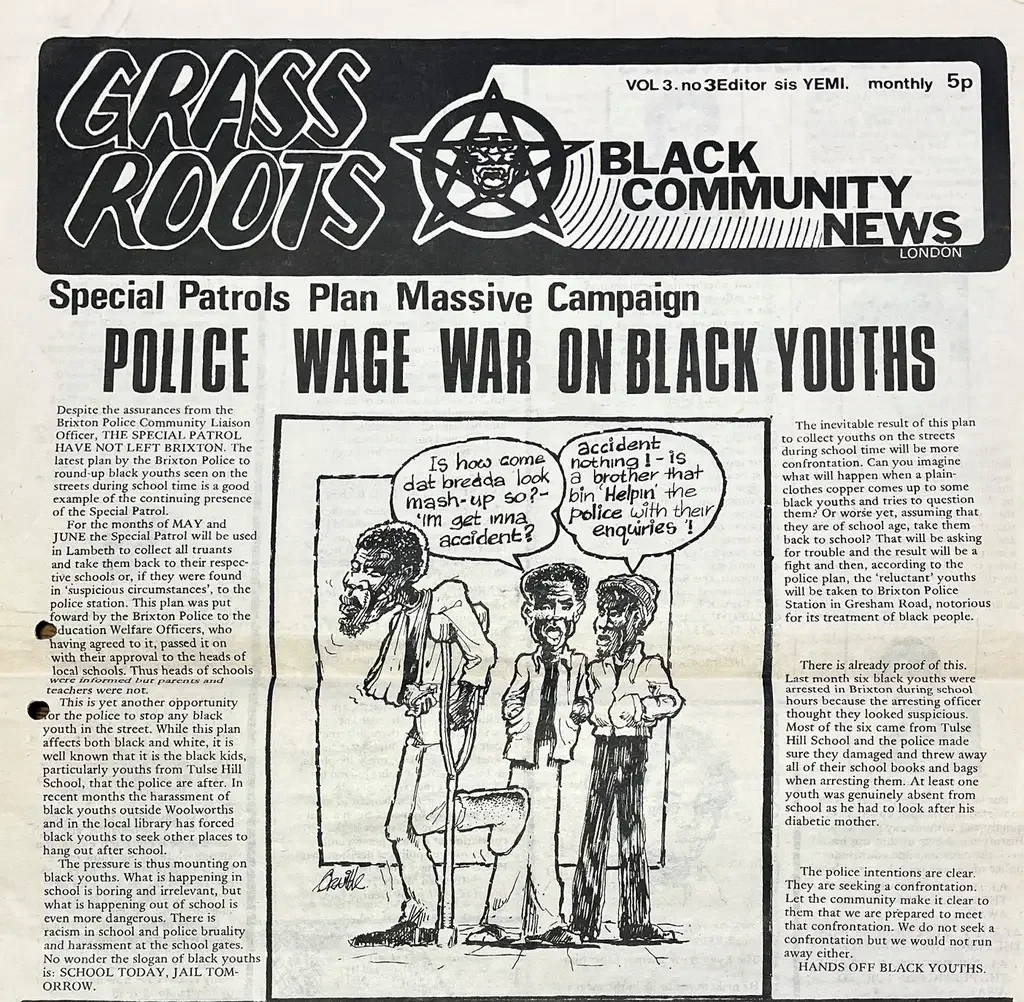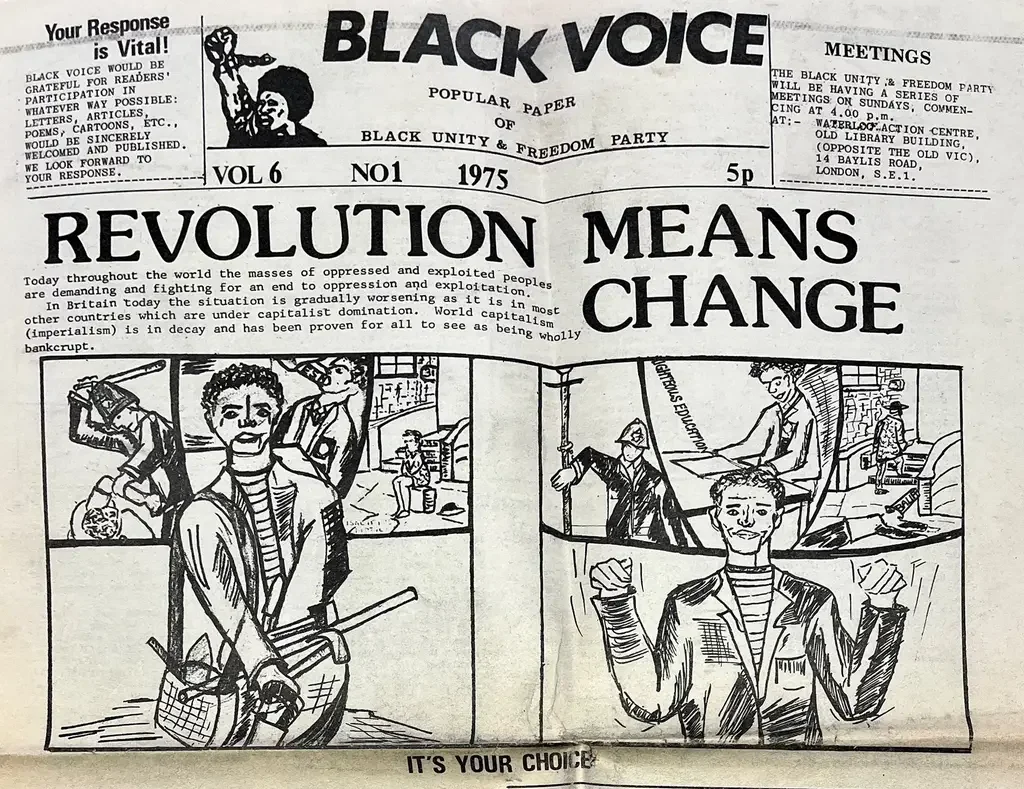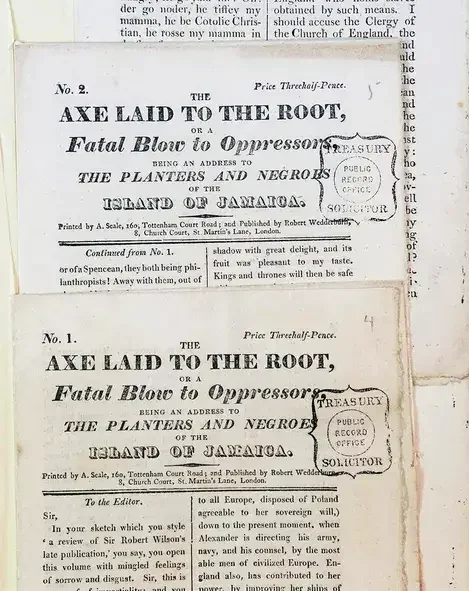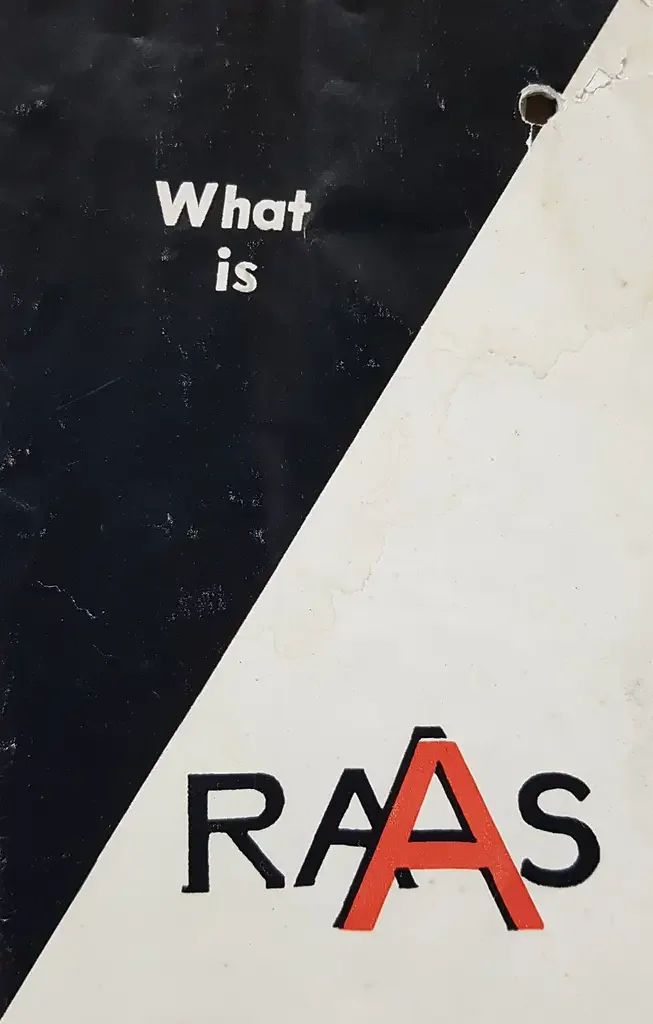
Race Today vol.10 No.2 February 1978

Race Today vol.10 No.1 January 1978

Race Today vol.9 No.7 November/December 1977

Race Today vol.8 No.11 November 1976

Race Today vol.8 No.7-8 July/August 1976

Race Today vol.8 No.5 May 1976
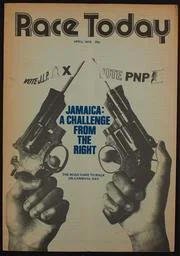
Race Today vol.8 No.4 April 1976
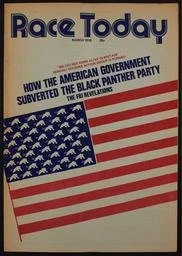
Race Today vol.8 No.4 March 1976
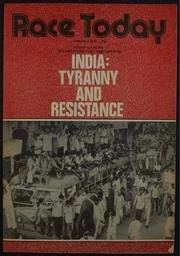
Race Today vol.8 No.1 January 1976
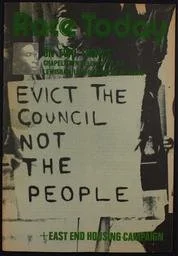
Race Today vol.7 No.12 December 1975
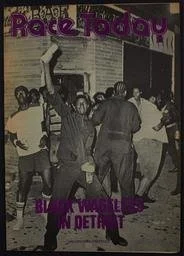
Race Today vol.7 No.11 November 1975
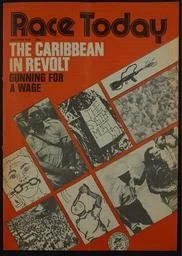
Race Today vol.7 No.10 October 1975
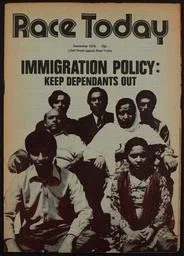
Race Today vol.7 No.9 September 1975
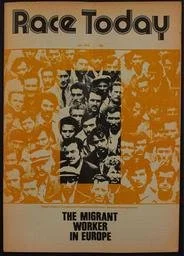
Race Today vol.7 No.7 July 1975
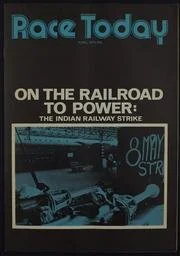
Race Today vol.7 No.4 April 1975
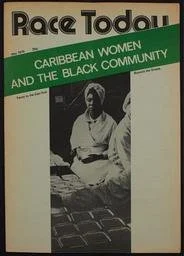
Race Today vol.7 No.5 May 1975
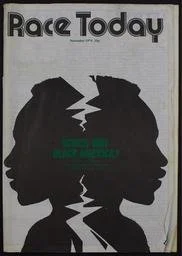
Race Today vol.6 No.11 November 1964
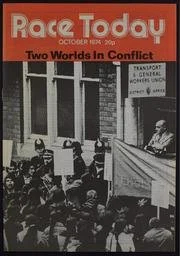
Race Today vol.6 No.10 October 1974
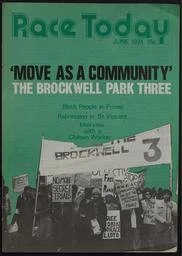
Race Today vol.6 No.6 June 1974
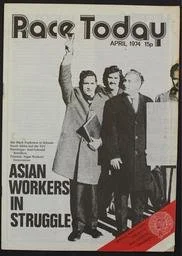
Race Today vol.6 No.4 April 1974
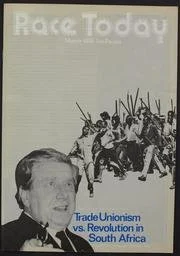
Race Today vol.6 No.3 March 1974
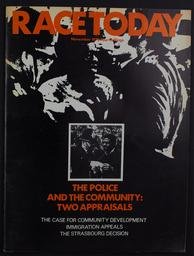
Race Today vol.2 No.1 November 1970
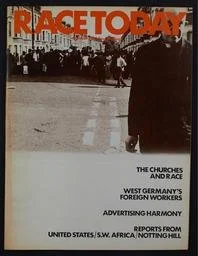
Race Today vol.2 No.10 October 1970
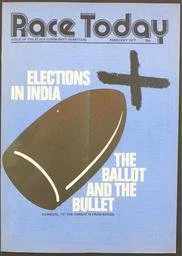
Race Today vol.9 No.1 February 1977
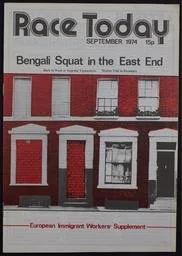
Race Today vol.6 No.9 September 1974
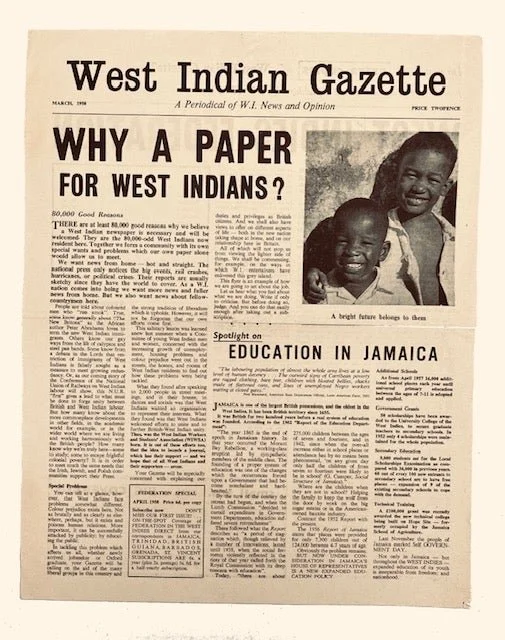
West Indian Gazette
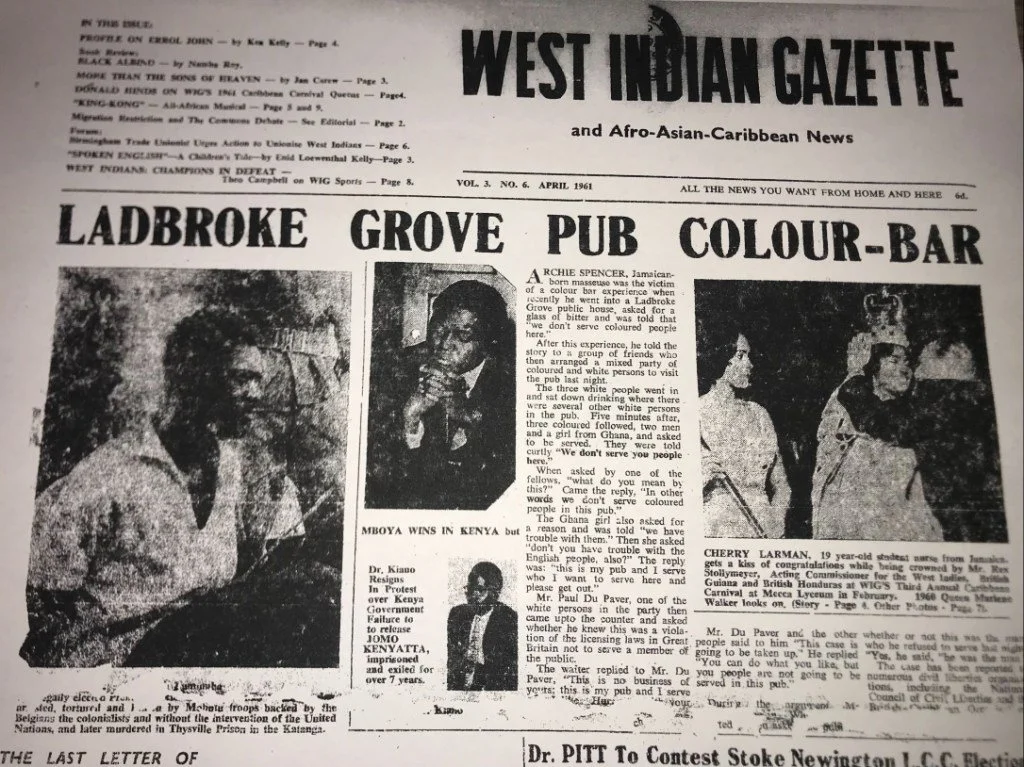
West Indian Gazette April 1961 edition
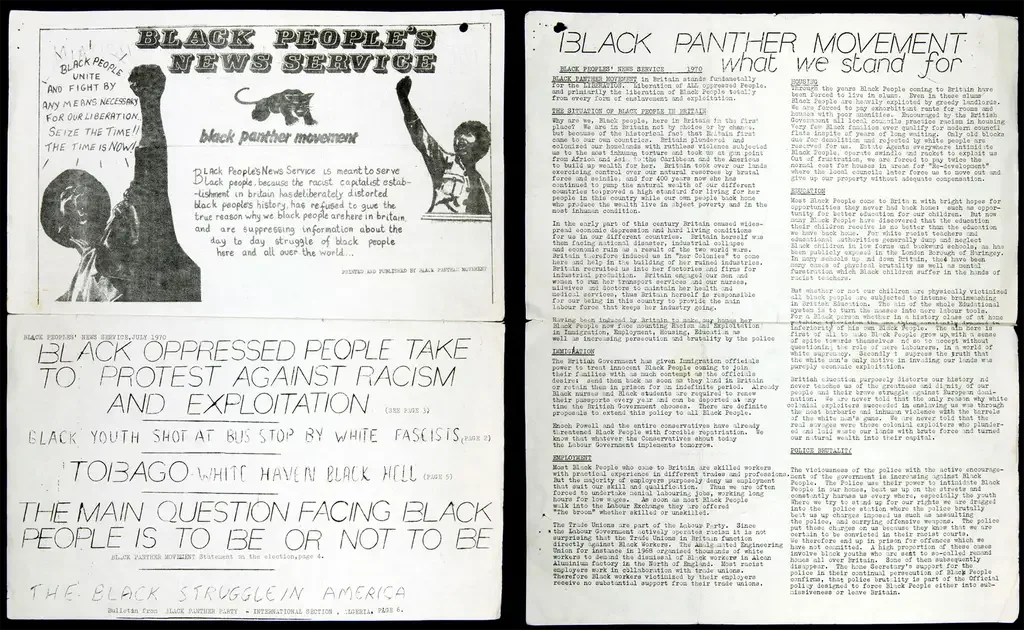
"Black People's News Service was a Publication by the British Black Panther Party, the largest Black Power Group in Britain at this time." via National Archives
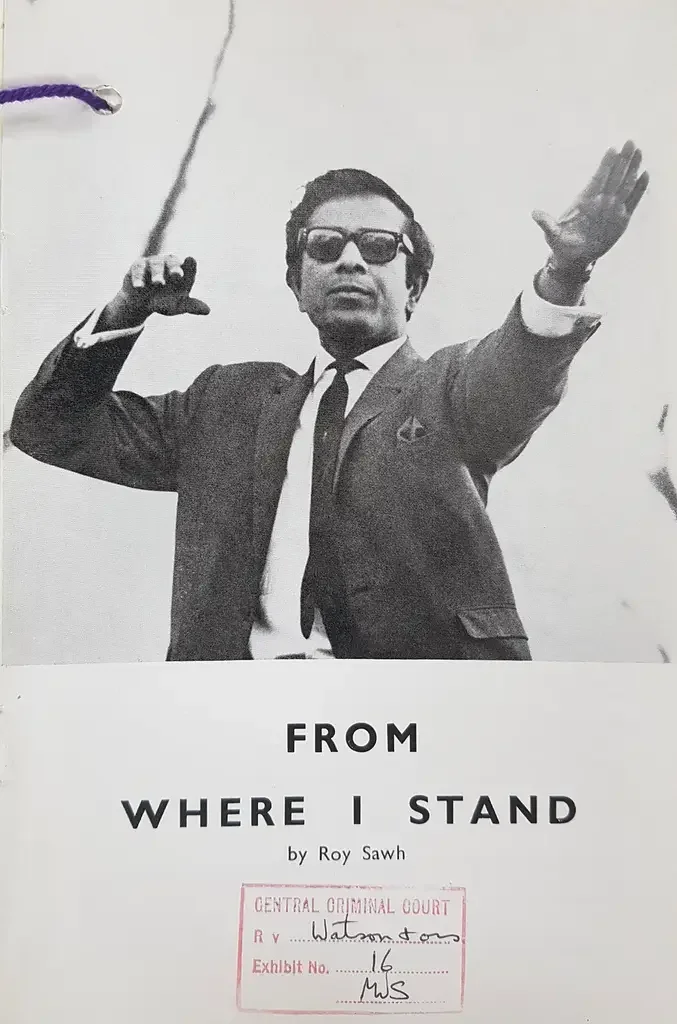
From Where I Stand by Roy Swah 1967-72
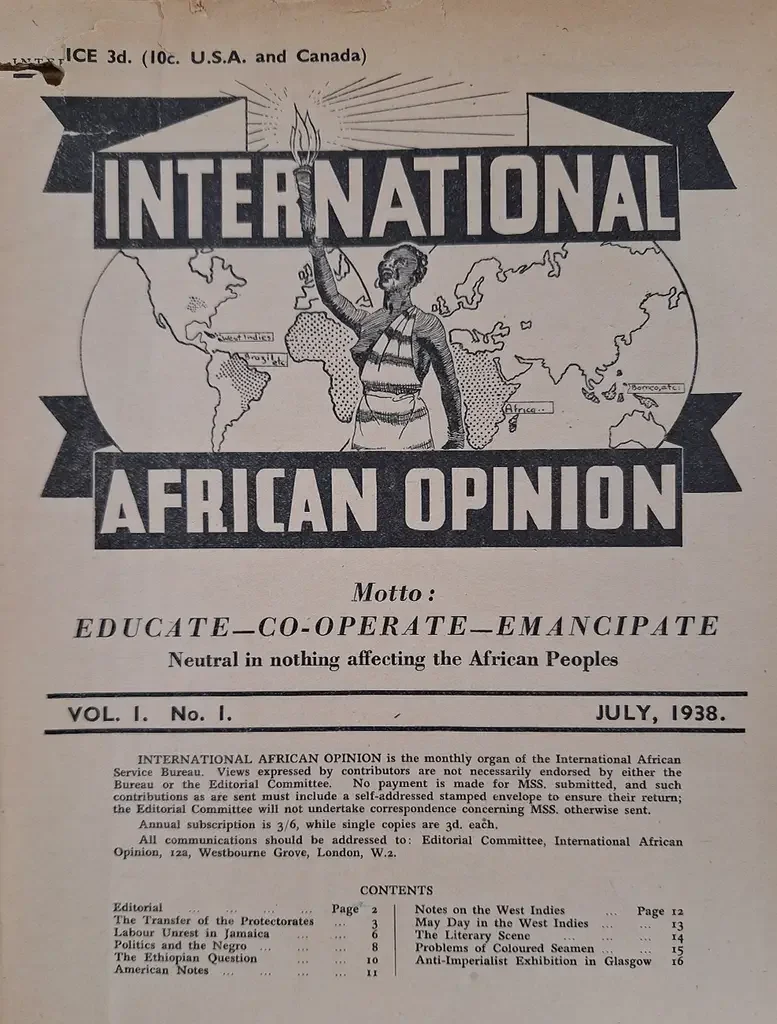
International African Opinion Vol.1 1937-65
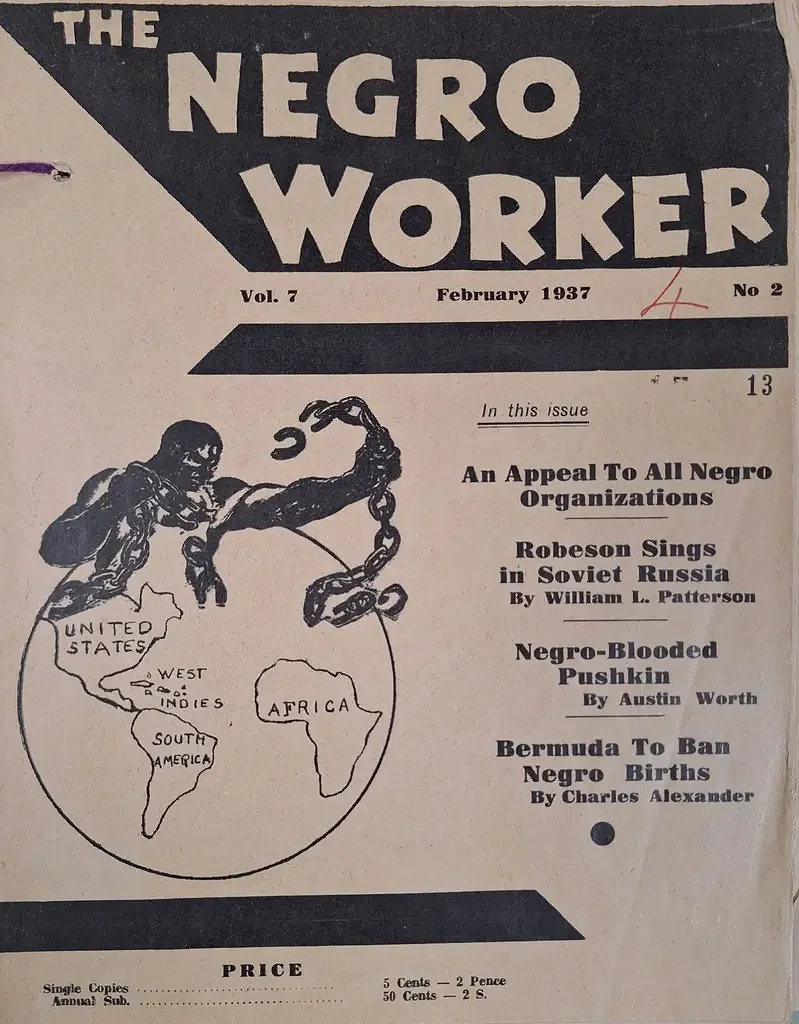
The Negro Worker 1937
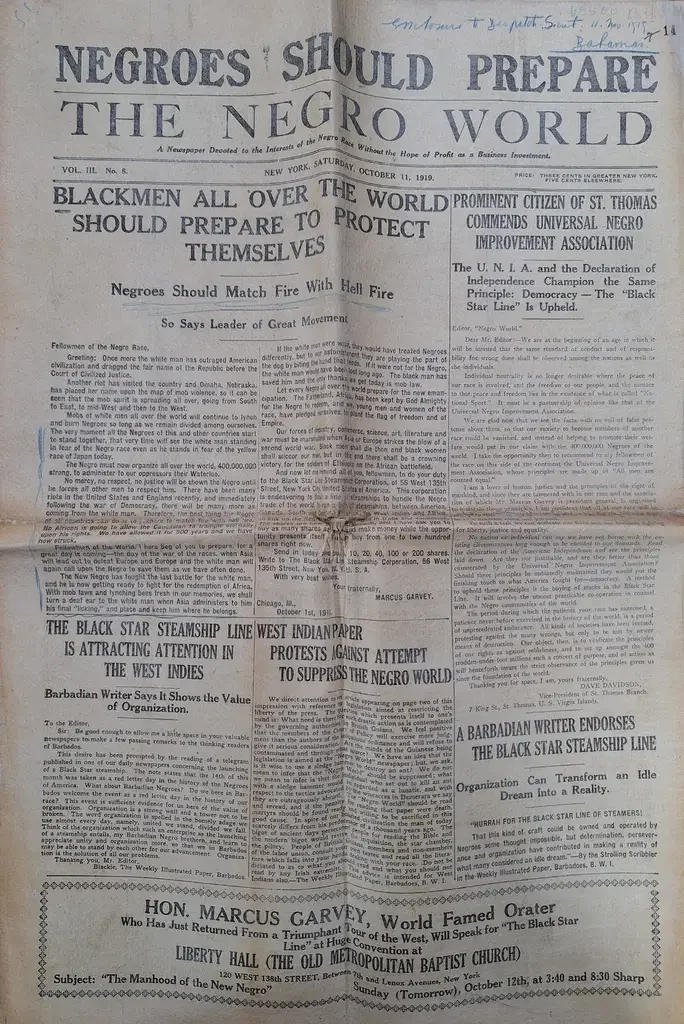
The Negro World 1919
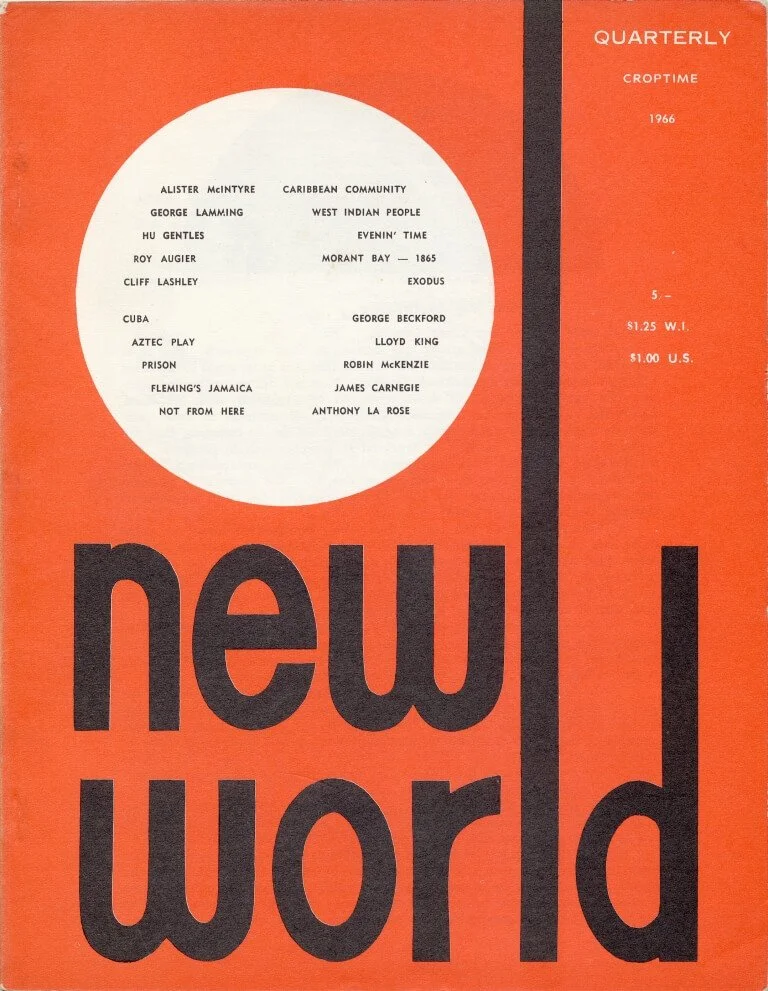
New World Quarterly 1966
Grass Roots The front page of volume 3 of Grass Roots newspaper, there is a cartoon under 'Black Community News' Date 1973–1975 Catalogue reference CK 2/1212 Grass Roots was a monthly community newspaper organised by the Black Liberation Front, who described themselves as ‘an organisation for unity, positive action and black consciousness’. It reported international and local news relating to Black struggles, plus art and poetry. This 1973 issue came to the Race Relations Board when David McCalden, a member of the National Front, argued it contained illegal content as it specified entrants to an art competition on the theme of deportation had to be Black, therefore it was discriminatory. Although found in conflict with the Race Relations Act, officials felt ‘nobody except the National Front would be the winner’ if it went to court, seeking to avoid this. Far-right groups often tried to use the Act to their advantage. The following edition noted that the Race Relations Board ‘exists to oppress Black people and not to prevent discrimination’.
Black Voice The front page of volume 6 of Black Voice, the title story is 'Revolution means change'. Date 1975 Catalogue reference HO 376/222 Black Voice was the paper of the Black Unity and Freedom Party (BUFP), a Marxist group committed to the global liberation struggles of Black people. The BUFP came to the attention of the Home Office when organisations associated with them applied for public grants to help set up self-help projects for young Caribbean people. The Home Office was concerned about the involvement of Anthony ‘Bonsu’ Munroe. Monroe had been convicted after the Spaghetti House incident, a siege on a restaurant involving three people connected to Black liberation movements. The files present a range of opinions on whether the politics of groups applying should be a factor in assigning public money. Copies of Black Voice are included in the file as evidence. Articles it published focused on the international context of Black struggles, the reality of police brutality and the need for class-based action.
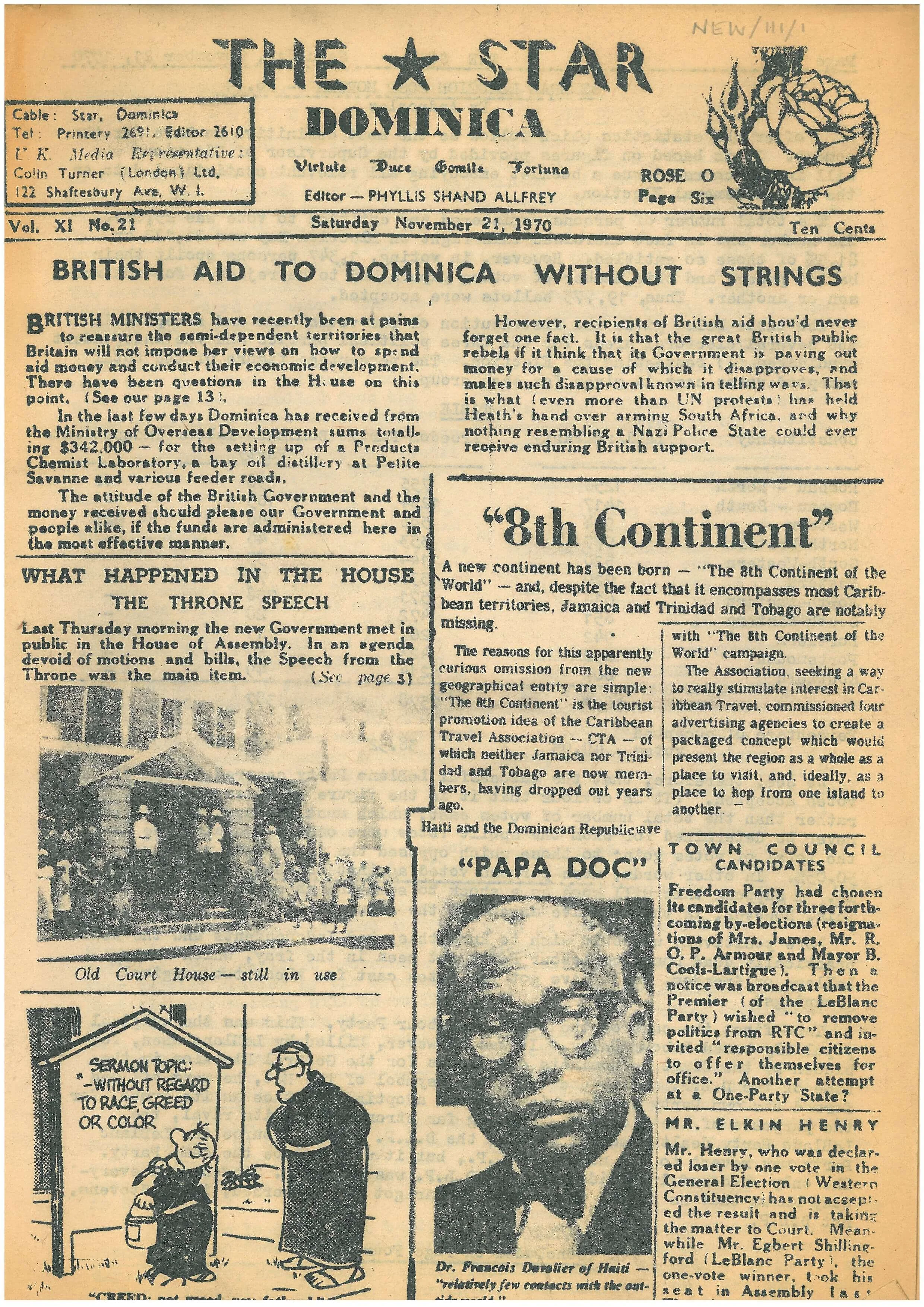
The Dominica Star Vol.11 No.21 1970
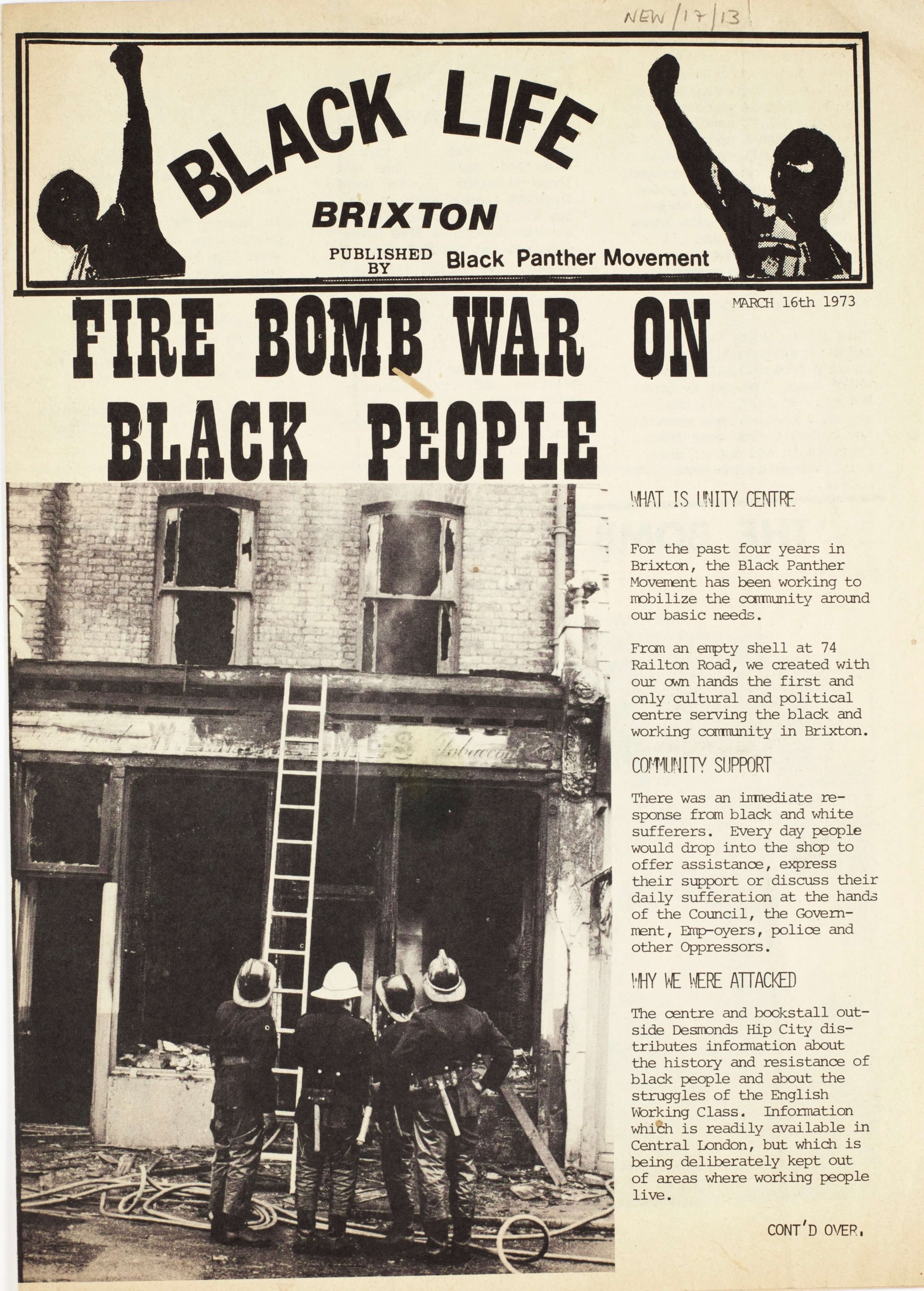
Black Life-Brixton published by the Black Panther Movement 1973
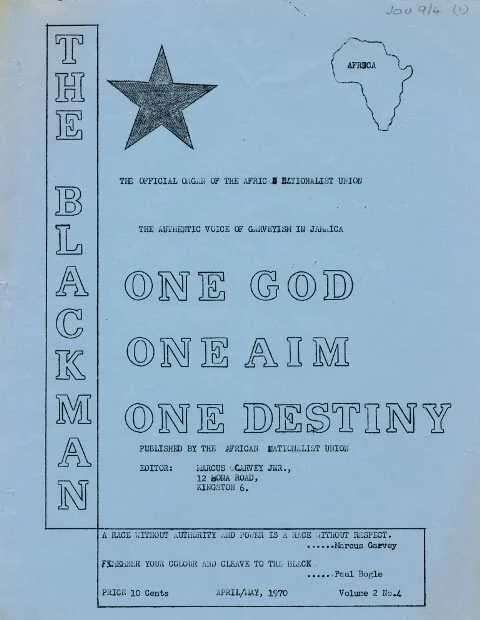
The Blackman Vol.2 No.4 1970

Race Today vol.9 No.6 June/July1977
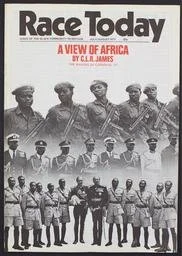
Race Today vol.9 No.5 June/July1977
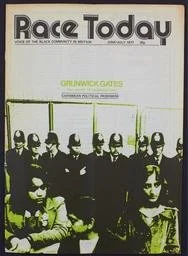
Race Today vol.9 No.4 June/July1977

Race Today Vol.8 No.10, October 1976

Race Today Vol.8 No.9, September, 1976

Race Today Vol.10 No.4, May / June 1978
Issue of the 'The Voice', described as 'Britain's Best Black Newspaper', 24 August 1985. The paper was launched in 1982 by Jamaican Londoner Val McCalla with a grant from the Greater London Council (GLC). The 'Voice' campaigned against discriminatory laws that blighted the lives of many Black Londoners at that time. It was the first newspaper aimed at young Black people born and brought up in Britain, and achieved a huge circulation. The paper launched the careers of top journalists like Trevor Phillips and Martin Bashir. This issue carries a special feature on the Notting Hill Carnival.
The Axe Laid to the Root Two copies of the front page of The Axe Laid to the Root, volumes 1 and 2. Date 1817 Catalogue reference TS 11/45/167 The Axe Laid to the Root is a pamphlet series by radical preacher, and abolitionist, Robert Wedderburn. He was born in Jamaica in 1762 to Rosanna, an enslaved Black woman, and James Wedderburn, a Scottish-born slaver and plantation owner. Wedderburn was active in Britain during the early 19th century. His writing forged comparisons between the enslaved people of the Caribbean and Britain’s dispossessed. He urged readers to partake in violent revolution to overthrow systems of inequality in Britain and its Empire. The authorities viewed his work with unease. In 1819, police were sent to Hopkins Street Chapel in Soho to document Wedderburn’s activities. He was subsequently tried for seditious blasphemy and imprisoned for two years at Dorchester Jail. The pamphlet series has been accessioned as part of the records of his trial found in TS 11/45/167, with 'TS' standing for Treasury Solicitor.
Black Power Speaks, June 1968 The content of Black Power Speaks June 1968 edition, which includes 12 pieces. Date 1968 Catalogue reference MEPO 2/11409 Black Power Speaks was originally a journal published by the London-based Universal Coloured People's Association (UCPA) led by Nigerian playwright Obi Egbuna. It was self-described as a magazine of ‘fearless editorials and authoritative contributions by well-informed writers from all over the world.’ The surviving issues in the collection date from May, June and July 1968. This was a turbulent time in the British Black Power Movement. In the summer of 1968, infighting and divergent views led Egbuna to leave the UCPA to form the British Black Panther Movement (BBPM), continuing to edit the publication but under this alternative organisation. Heavily inspired by the American Black Power Movement, these volumes were seized from the BBPM headquarters in Portobello Road in July 1968, after Egbuna was arrested and put on trial after encouraging Black people to actively resist police violence.
RAAS The front cover of a Michael X's pamphlet with the title 'What is RAAS' written across it. Date 1970 Catalogue reference MEPO 28/4 The Racial Action Adjustment Society, or RAAS, was the brainchild of Michael X. Born Michael de Freitas in Port of Spain, Trinidad in 1933, Michael came to England in the late 1950s as a merchant seaman. He would later change his name to Michael Abdul Malik, following his conversion to Islam, but was best known as Michael X. The name was given to him by a reporter after Malcolm X, on his visit to England in 1965, referred to him as his ‘brother.’ Michael chose the name 'The Racial Action Adjustment Society' for comedic effect. The acronym, RAAS, doubled as a swearword in Jamaican Patois (meaning ‘arse,’ and often used with ‘claat’ meaning ‘cloth’ for toilet paper, or sanitary towel). Michael thought it would be funny to hear white people unknowingly repeat it in media content and viewed it as a way of poking fun at the establishment, capitalising on their failure to grasp Black vernacular.
Black People’s News Service Two pages from Black People's News Service. The left page shows two black men raising their fists. Date 1970 Catalogue reference MEPO 31/21 Black People’s News Service was a publication by the British Black Panther Party, the largest Black Power group in Britain at this time. Police described the organisation as ‘black militant extremists’. Yet, the aims of the movement describe concerns about employment, housing, education and police brutality. The newspaper detailed their work including Black history sessions, political education courses, and supporting Black people through the courts. It also tracked global Black liberation struggles, and reported local experiences of racism in London. It was taken as evidence as part of the Mangrove Nine trial, seized from Rhodan Gordon's house during his arrest. Copies of the publication were also sold at the Mangrove march, as seen in photographic police evidence. The British Black Panther Party was relatively short lived, but other organisations appeared around this time.
